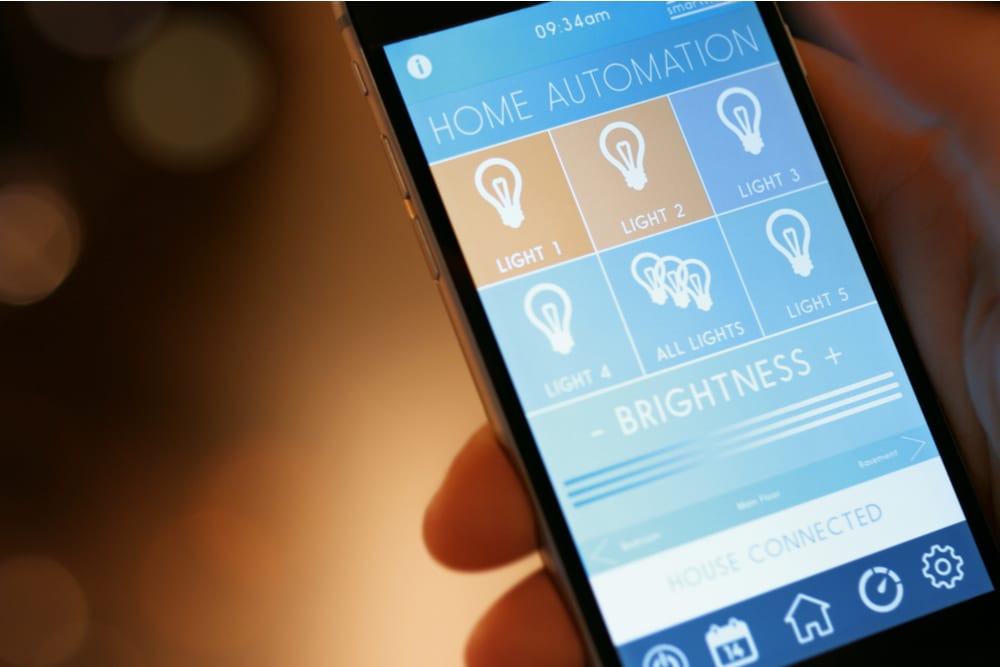
How Are Smart Homes Shaping the Face of the Property Market?
 The concept of having an independent, autonomous smart home is one that’s long been dreamed of by sci-fi writers and fans alike, but the turn of the 21st century has seen it slowly but surely being implemented into our homes.
The concept of having an independent, autonomous smart home is one that’s long been dreamed of by sci-fi writers and fans alike, but the turn of the 21st century has seen it slowly but surely being implemented into our homes.
Research from Statista has shown that 8.9% of Australian properties now have smart technology installed. That’s a huge jump from previous years, but the figure is expected to grow even further — to around 34% by 2021.
Understandably, this smart technology hasn’t arrived in the property market without creating its fair share of disruption. Understanding this, however, requires us to take a look at the technology itself, as well as how it’s shaping the face of homes.
What Exactly is a Smart Home?
Good question. Sadly, it’s not going to help your kids with their homework — although certain devices like Amazon’s Alexa can answer basic questions from across the room. CNET defines a smart home as one that’s “equipped with network-connected products, connected via Wi-Fi, for controlling, automating and optimising functions such as temperature, lighting, security, safety or entertainment, either remotely by a phone, tablet, computer, or a separate system within the home itself.”
Typically, these smart homes might involve security cameras that only produce alerts when an unknown individual approaches the property, or a sprinkler system that can be controlled from your phone. They can be as integral as the lighting above your head, or as specific as a fridge that sends you a mobile notification when you’re running low on milk.
To meet the definition, a property must have at least 3 smart products installed, including one security or temperature product.
How Does Smart Technology Influence Property Value?
Surveys have shown that the majority of property buyers desire smart technology within a property, to increase the safety and comfort they’ll experience, as well as convenience and energy efficiency.
85% of millennials said they’re interested in including smart tech within their properties, which is a significant jump on the 67% of baby boomers who said the same. Motivations to do so, however, are wildly different. Millennials are keen to do so because of convenience, whereas boomers are motivated by the value add.
As smart tech becomes more and more accessible, smart homes are expected to become the norm. And when 81% of people say they’re more willing to buy a property that has smart tech installed, you can see which way prices are going to move in the market. On top of that, 33% of real estate agents commented that homes with smart tech installed move off the market faster than those that don’t.
What You Should Take Away
Smart technology is continuing to skyrocket, and the value of homes equipped with it can be expected to follow behind. As an agent, you need to ensure you stay on top of the latest developments. Not only will this set you apart from the competition, it’ll also help you get ahead of the curve when addressing client needs in future.